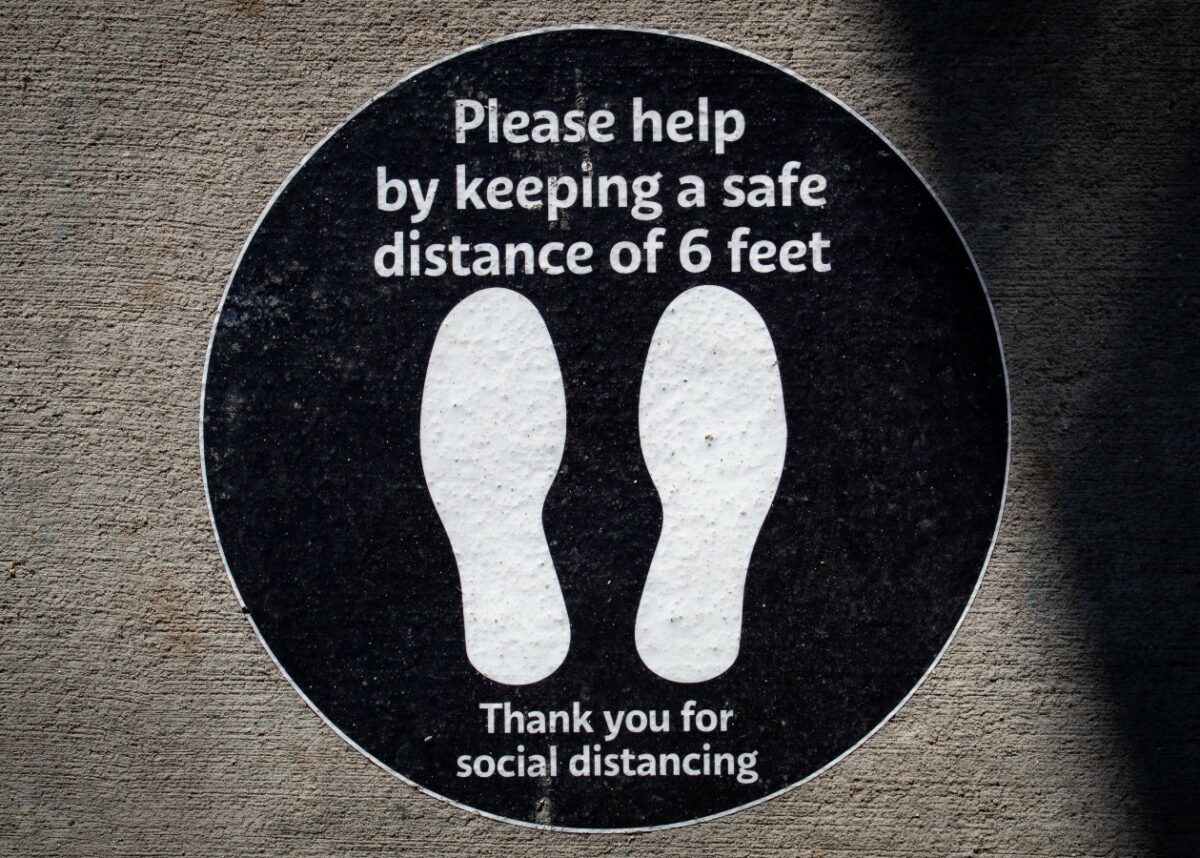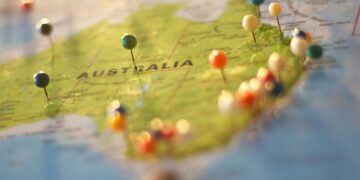Andrew Divers, Teesside University and Dorothy Newbury-Birch, Teesside University
England has now dispensed with the remaining restrictions that were in place to curb the spread of COVID-19. No longer will there be a blanket requirement to wear face masks in public spaces or to socially distance. Some have labelled July 19 – the date from which these rules no longer apply – as “Freedom day”, a restoration of liberty that has been curtailed throughout the pandemic.
While at first glance this decision appears to be a maximisation of choice – it’s now up to you to choose whether to wear a mask or not – we argue that the very opposite is true. The kinds of choice that are being extended on July 19 will maximise options for some, yet all but completely remove freedom of choice for good number of others – especially those who count themselves among the most vulnerable.
To illustrate this, let us focus on a single hypothetical encounter, and one that could very likely happen to any of us over the coming weeks and months.
Imagine we are standing in a supermarket queue and we are the last in line. Everyone in front has chosen to maintain social distancing measures, and each is also wearing a face mask. However, it is not long before another person joins the queue behind us, who chooses not to either socially distance or wear a mask.
They also do not regularly test themselves at home for COVID-19, and although they are fully vaccinated, we are not. We are now in a scenario where an unmasked individual is standing very close. We, and vitally they also, do not know if they are carrying the coronavirus.
Some would no doubt point to this new arrival’s actions as a matter of personal choice and personal responsibility. Each of us must take responsibility for our own health, and it is our personal choice how we wish to do so. Yet such a view is at odds with reality.
Social distancing and mask wearing are as much (and arguably more) about protecting others as they are about ensuring our own safety. Therefore, there is a direct conflict between our choice to remain cautious and maintain distance and continue wearing a mask, and our stranger’s choice to do neither of these things.
But this is not merely a case of two opposing viewpoints clashing. Our choice to wear a mask and to socially distance do not risk harm to anyone else – but the same isn’t true of the opposite decisions.
Of course, there are cases in which mask wearing is not suitable for some individuals, for a range of reasons, but such exemptions are already well established. But regarding social distancing with people we don’t know (family, friends and coworkers are another matter), there are few, if any, convincing arguments as to why or how this could possibly harm or significantly disadvantage others, and fewer reasons still for why we need to be able to choose to get as close to strangers as we want in public.
What makes the very rationale behind this new focus on personal responsibility and choice so flawed is that the choices of both parties above cannot be expressed simultaneously. In the case of social distancing in public, you cannot choose to maintain distance from someone else if they choose not to. The most you can do is to try and reinstate a gap and hope that your choice to do so will be respected.
If, however, the stranger chooses to close the gap once more in our queue, how often do we have to move before it could reasonably be argued that we don’t actually have a choice in the same way our stranger does? What if a stranger would rather sit right next to us on a bus than stand?
Let us not also forget that once an individual has brushed past us to get the last loaf of bread or sat next to us on public transport, the very damage our choice is trying to prevent has already potentially been done. While an incredibly brief stint of proximity to someone doesn’t guarantee infection (any more than maintaining distance guarantees safety), there have been reports of fleeting close contact leading to people catching the virus – particularly with the arrival of the more transmissible delta variant. So the further we remain from someone, the safer we will be.
If our two-metre perimeter has been breached, then our right to maintain that distance for the purpose of conferring extra protection from contracting coronavirus has been irreversibly violated. To simply reinstate that space around us does not remove the possibility that we may already have been infected. If the post-lockdown roadmap is paved with personal choice, then surely these choices must be given equal weight. We cannot be free to restrict the freedom of others.
Far from marking a day of freedom, July 19 instead represents for many – the elderly, the immunocompromised, those unable to take vaccines – an increase in fear, and an almost total reduction in the choices that they are able to make once others have made theirs. The very vulnerable will once again be left only with the choice to eschew public places, lest they potentially come into contact with someone who chooses not to protect those around them.
We should all hold dominion over our own bodies and our own health: no-one should have the power to choose what we are happy to subject our own bodies to or the risks we are willing to take with our own health. Removing mandated restrictions in England forces us to accept someone else’s idea of what is an acceptable risk for us.
Andrew Divers, Research Associate, Centre for Applied Psychological Science, Teesside University and Dorothy Newbury-Birch, Professor of Public Health, Teesside University
This article is republished from The Conversation under a Creative Commons license. Read the original article.












